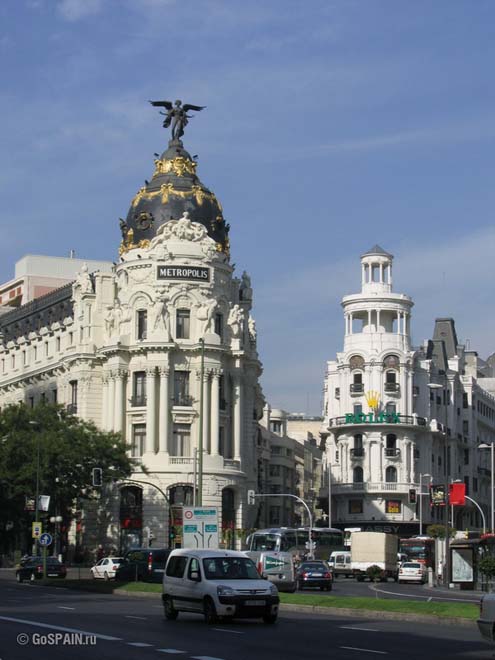The Spanish military was ordered to take over control of Spain's air space early Saturday in the wake of a wildcat work action by air traffic controllers that plunged Spain's aviation into chaos, dpa reported.
Airports in Madrid, Barcelona, Majorca, Menorca, Ibiza and the Canary Islands were closed after the labour action started Friday. An estimated 250,000 passengers were stranded.
Spain's state carrier Iberia, the country's largest, cancelled all flights until 11 am Saturday. Across Europe, other airlines were making hotel arrangements for passengers on Spain-bound planes.
Prime Minister Jose Luis Rodriguez Zapatero issued a decree transferring responsibility for air traffic control to the military. In the early morning hours of Saturday, the army started taking command of the control towers at airports in Madrid, Barcelona, Seveilla and the Canary Islands.
The move is intended to force civil air traffic controllers to return to work or face being charged and prosecuted under military law. Air traffic controllers who refuse to return face up to ten years in prison.
The Spanish prosecutor's office had initiated an investigation. Police were recording the names and other personal data of the striking controllers, who had gathered in a Madrid hotel.
Zapatero's military decree appeared to have some effect: Some air traffic controllers turned up to work in Barcelona, Palma de Mallorca and the Canary Islands, the civil airports authority AENA said.
AENA said 70 per cent of all controllers had either left their stations or failed to turn up for work on Friday, without prior notice. Many called in to say they were sick or unable to work.
The action was seen as an apparent protest move by the controllers over a new working hours decision approved by the cabinet on Friday. The air controllers have been involved for months in a wage dispute with the Transportation Ministry and AENA.
AENA charged that the controllers were using passengers as hostages in the dispute.
"The decision to paralyze air traffic in the country is of extreme gravity," AENA said.
At least 250,000 passengers were stranded in the wake of the work action, according to AENA. About 2,000 flights had been cancelled.
"The situation is extremely serious," Interior Minister Alfredo Perez Rubalcaba said.
The military boosted its presence at airports that are used by both the army and civilian operators, in order to redirect planes there.
In Mallorca, thousands of stranded travellers protested, forming long angry lines at airlines' desks in the terminal.
"They should fire all the controllers," screamed on woman in the airport at Madrid.
After the wildcat strike began, authorities contacted the European air control agency Eurocontrol to stop planes from other European countries from taking off for destinations in Spain.
Only a few incoming planes which were already in the air when the work action started had been allowed to land, according to the state broadcaster RNE.
The work action came on the eve of national holidays on Monday and Wednesday, which offered Spaniards the chance of an extended weekend break. On Friday alone some 150,000 people had been scheduled to fly in Spain.
Spanish military takes control of aviation amidst chaos
The Spanish military was ordered to take over control of Spain's air space early Saturday in the wake of a wildcat work action by air traffic controllers that plunged Spain's aviation into chaos, dpa reported.






